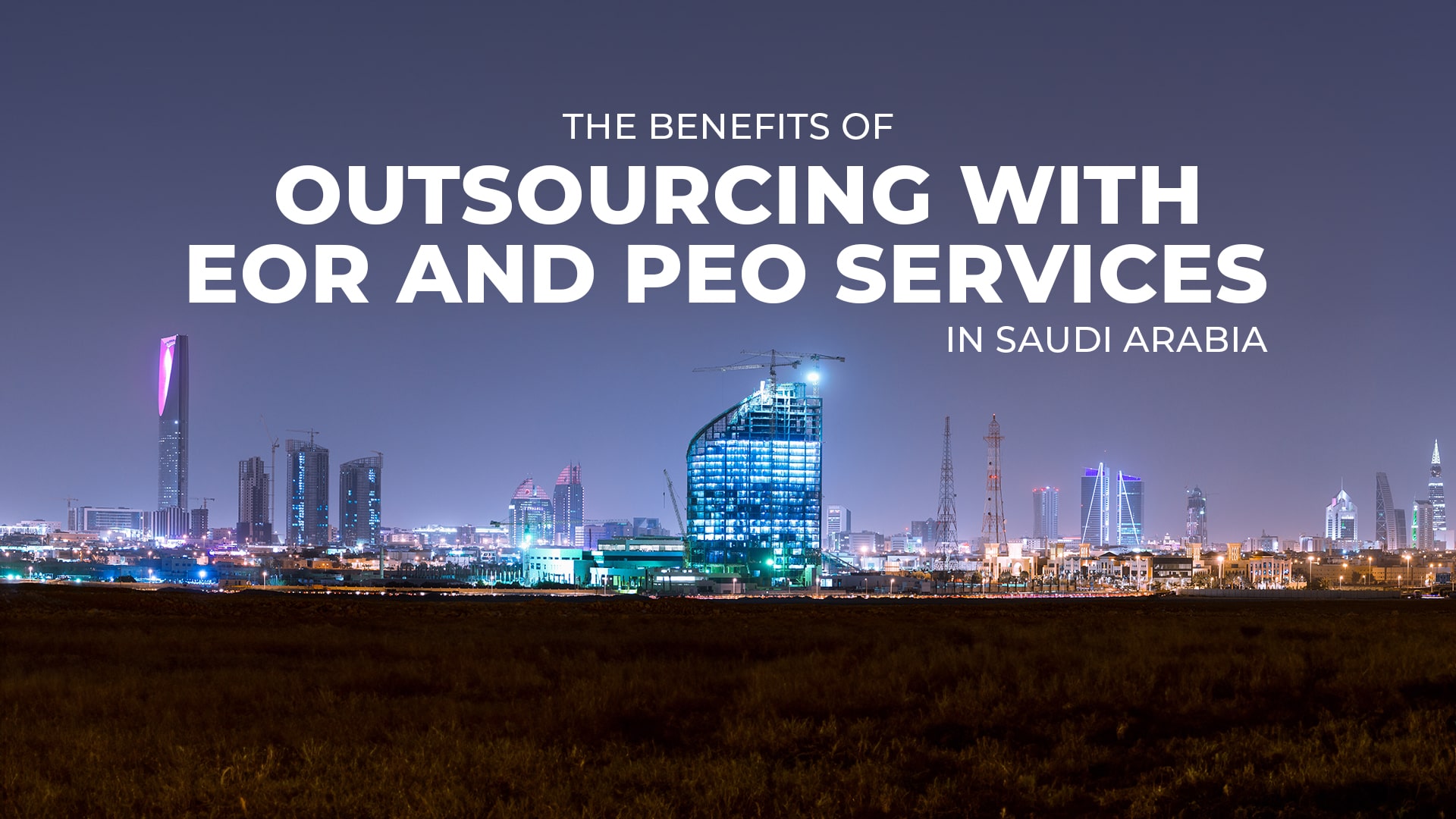Recently, the UAE introduced a new law regulating labor relations in the private sector which is considered the most significant amendment since the law was established. The Federal Decree-Law 33 of 2021 will be effective for the private sector on February 2, 2022. The UAE has implemented a range of benefits for employees over the past few years, including different work categories, paternity leaves, and 3-year contracts. Aiming to create a flexible and competitive work environment as it prepares to embark on its journey into the next 50 years. This article entails a detailed understanding of the significant provisions and stipulations under the new decree-law.
The law will have the following effects:
Different work categories
Different work categories are covered by the new law, including full-time, part-time, temporary, and flexible work. An employer can hire a part-time employee to work for them for a specific number of hours or days. Temporary work requires a specified time for implementation or is focused on tasks that will be accomplished once the project is completed. Working hours or workdays for flexible work may vary according to the volume of work and economic and operational factors.
The ministry is currently working on the executive regulations of the new law. The responsibilities of both parties in each category will be specified afterward.
All forms of coercion at the workplace are prohibited
Under article 74, any employer who uses any means to force, threaten, or coerce the employee into working for the employer or providing a service against their will violates the decree-law.
Prohibition of sexual harassment
Sexual harassment, bullying, or any form of verbal, physical, or psychological assault in the workplace by the employer/superiors/colleagues is prohibited under the new law.
Discrimination and prejudice are against the law
The law prohibits any discrimination based on race, sex, religion, color, national origin, social origin, or disability in order to guarantee equal opportunities, equal access to employment, and continued employment and enjoyment of rights.
Wage equality for men and women
In the amendments, it was stressed that while not violating the rights of working women outlined in this decree, all provisions governing the employment of workers without discrimination shall apply to women. Also, women should be paid the same wage as men if they are doing the same work, decided by the Council of Ministers.
Payment of wages in any currency
As per the new law, for any work contract between the two parties, the company may pay wages in UAE dirhams or any other currency.
Defining Fixed-term contracts and Unlimited contracts
In terms of law, a fixed-term contract (Limited) is defined as one of not more than three years, and it may be extended or renewed once or more by agreement between the parties.
Also, the law states that Unlimited employment contracts are to be converted into fixed-term employment contracts within a year after their effective date. The Council of Ministers may extend the contracts for further periods if deemed necessary in the public interest.
A vital component of the new law is keeping the welfare and well-being of employees in mind. Below is a breakdown of what the new decree-law guarantees towards achieving this goal.
Judicial fee exemptions
For labor cases, the decree-law exempts judicial fees throughout the entire litigation process, executions, and requests made by workers or their heirs whose value does not exceed Dh100,000.
Rest days, paternity leaves, and more
Employees in the private sector are entitled to a paid, weekly rest day, which may be increased at the employer’s discretion, as well as vacation time, including bereavement leave of three to five days depending on the employee’s relationship to the deceased. Additionally, private-sector male workers will be granted five days of paternity leave. Other leave is at the discretion of the Council of Ministers. Furthermore, the law assigns the employer the responsibility to bear the costs of recruitment and not to collect the fees directly or indirectly from the worker.
Documents cannot be withheld and easing employees’ mobility
According to the law, withholding official documents such as passports is prohibited. Forcing an employee to leave the country at the end of an employment contract is also not allowed. In addition, the worker shall have the right to receive any and all wages on the due date as stipulated by the executive regulations of this law and under regulations approved by the ministry. In the event of termination of employment, the decree-law allows the worker to move to another employer. The probationary period for the worker must not exceed six months.
Benefits of end-of-service
As a result of the amendments, workers will be entitled to an end-of-service gratuity following the country’s legislation governing pensions and social security.
A foreign worker who has completed a year or more of continuous service with an establishment may also be eligible for end-of-service benefits calculated based on the basic wage. The amount payable for the first five years is 21 days, and for the following five years is 30 days.
The ministry will propose policies, strategies, and laws to encourage and motivate employers to invest in the training and empowerment of workers. The UAE government hopes that the decree-law will enhance the flexibility and sustainability of the labor market in the country by securing the protection of the working relationship, its development, and any exceptional circumstances it may encounter.
If you have any queries related to information in our blogs or other insights, please write to us at info@proven-sa.com.
| Tax period | Original due date | Extended due date |
|---|---|---|
| Fiscal year 2019 ended 31 March 2019 | 29 April 2020 | 29 July 2020 |









